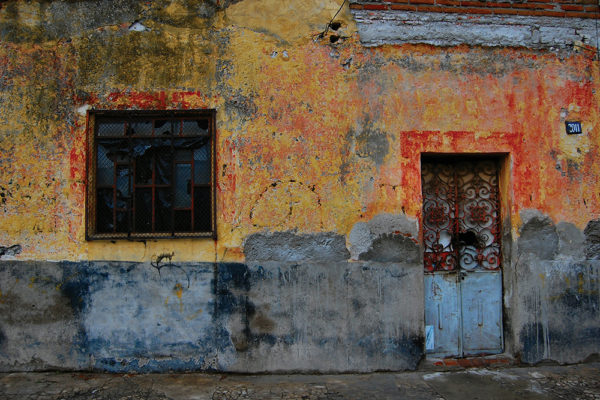Addressing Cambodia’s waste management challenges and assessing the needs of low-income communities in Puebla, Mexico, are two of the seven research projects selected in the inaugural year of the President’s Award for Global Learning. The program, created by the International Board of Advisors, provides resources for teams of students and faculty members from across campus to come together to examine real-world challenges and try to find solutions. Their work further positions The University of Texas at Austin as a global university that promotes interdisciplinary thinking.
“In an interconnected world, it is vital that UT students are given the opportunity to not only explore other nations and cultures, but to collaborate with scholars from across the globe to solve problems together,” UT President Gregory L. Fenves says. “That’s what the President’s Award for Global Learning is all about — empowering students to use their creativity and take on real challenges impacting people everywhere.”
Teams are made up of two to four students from different majors, a faculty leader and up to two faculty mentors, as well as an international partner. Staff members in the International Office can help connect students and faculty members who have similar interests, and they also offer workshops and advising sessions throughout the application process.
Projects must focus on expanding existing research, social impact or entrepreneurship in one of seven regions around the world. Each winning team receives a $25,000 budget for their project, plus travel expenses and tuition for summer credit hours that the students will earn.
Twenty-eight proposals were submitted in the first round of the program; after a rigorous review process, the seven teams were selected. Team members have been developing their projects in a three-credit-hours course and will travel to their regions this summer.
The work they do and discoveries they make will have implications far beyond their region of study, and organizers say they hope the findings resonate with many at UT and in Texas.
“With all of the teams, there was an emphasis that there should be learning brought back to the community,” says Laura Caloudas, senior program coordinator for the International Office. “All of the teams will enroll in a one-credit reflection course to share their learning back with campus” in the fall.
Some projects are already rooted in connecting Texas to the world. One team plans to study how the Republic of Georgia has successfully lowered its maternal mortality rate, hoping to find ways to help Texas, which has one of the highest rates in the United States.
The teams in the program will have transformative experiences, but students who were not accepted still take away useful skills, said Laurie Young, director of special projects for the International Office.
“Their feedback was that they learned some invaluable skills on how to create proposals, how to work with international partners and build new relationships with faculty,” Young says. “Giving these tangible, concrete skills to students throughout the whole process is also one great benefit of this program.”
Applications for the 2020 program close June 14, 2019. Learn more about the program and current projects at presidentsglobalaward.utexas.edu.




